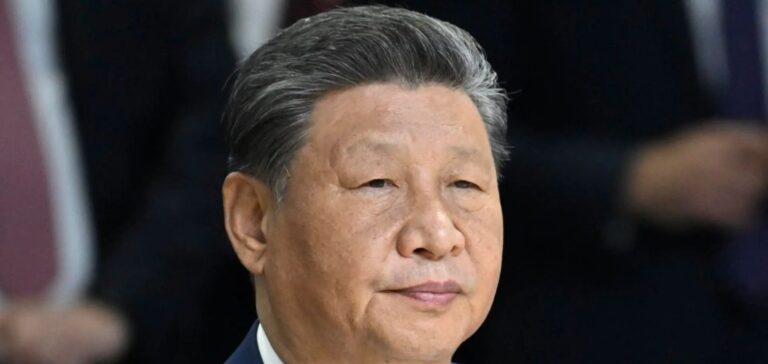Trade tensions between the United States and China have reached a new level following Beijing’s announcement of additional tariffs on U.S. hydrocarbon and coal imports. This decision follows the implementation of higher tariffs on all Chinese products by Washington.
The Chinese Ministry of Finance stated that these new measures, effective from February 10, will impose a 15% tariff on U.S. liquefied natural gas (LNG) and coal, while crude oil will be subject to a 10% duty. Beijing is also targeting several other categories of goods, including certain industrial equipment and vehicles, in a context where Sino-American trade relations remain highly strained.
A Targeted Energy Response
U.S. hydrocarbons accounted for approximately $7 billion in exports to China last year, a significant figure for American producers. However, Beijing remains largely supplied by other sources, notably Russia, which exported over $90 billion worth of energy to China in the same period. This relative dependence on U.S. hydrocarbons limits the immediate impact of Chinese sanctions on its energy supply.
For U.S. energy companies, these new tariffs could, however, lead to a reduction in their market share in China, prompting them to redirect exports to other Asian markets. This measure comes at a time when the LNG market is already marked by intense global competition and significant price fluctuations.
A Strategic Trade Battle
China’s decision to include hydrocarbons in its retaliatory measures highlights the energy sector’s importance in bilateral trade relations. By limiting U.S. exporters’ access to its market, Beijing exerts additional pressure on the American administration while reducing its own dependence on imports from the United States.
On the American side, this Chinese taxation comes at a time when the administration is working to strengthen domestic producers’ position in the international market. However, this escalation in tensions could heighten uncertainties for sector players, particularly those involved in commodity trade and LNG export infrastructure.
A Conflict with Economic and Political Implications
Beyond the immediate trade stakes, this new phase of the Sino-American conflict raises questions about the balance of international energy relations. China seeks to diversify its supply sources and strengthen partnerships with other global producers, while the United States must contend with restrictions that could impact its exports in the medium term.
Market observers are closely monitoring the effects of this decision on trade flows and commodity prices. Uncertainty surrounding these trade tensions could fuel volatility in energy markets, as global demand remains subject to multiple geopolitical and economic factors.
##






















